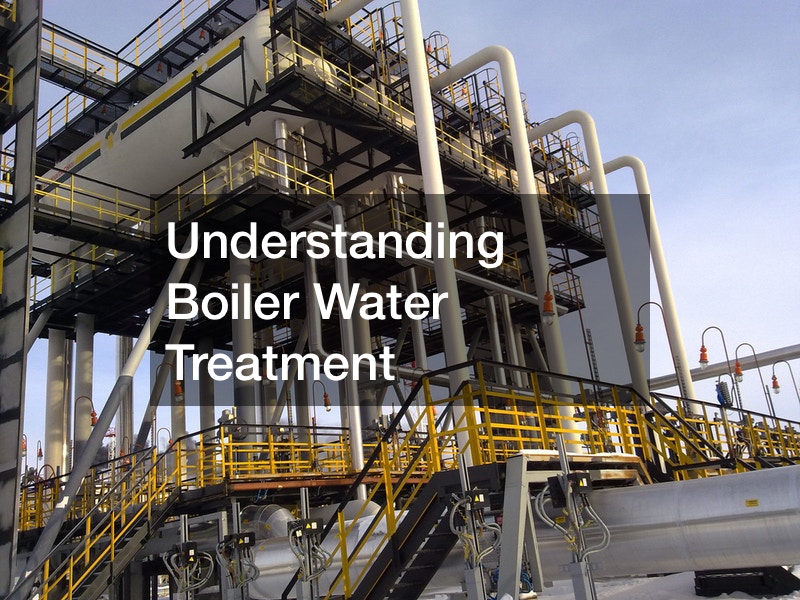
If you are interested in learning about boiler water treatment, you might want to watch this video. This is a process that is used to treat water that is fed into the boiler by eliminating DS, SS, and DO in order to avoid any potential problems.
These problems can include corrosion, foaming, and deposition.
Corrosion typically happens when there are electrochemical reactions on immediate points of the wall of the boiler drum. Foaming is caused by a high concentration of dissolved solids. It creates carryover of impurities in the steam, as well as deposition on the turbine, which is the blade and shell. Deposition is precipitation that is caused by high temperatures that causes the shell and blades to be encrusted with deposits of phosphates and carbonates. It could lead to constriction and tube failure.
Treatments for corrosion include demineralization, deaeration, desulphurization, drum wall plating, and pH modification. For foaming, filtration, condensate polishing, and demineralization are effective. For deposition, water purification, condensate polishing, and carbonate removal are effective. There is a lot that goes into all of these processes, and they are definitely worth learning about if you are interested in having a good understanding of how boiler water treatment works.

